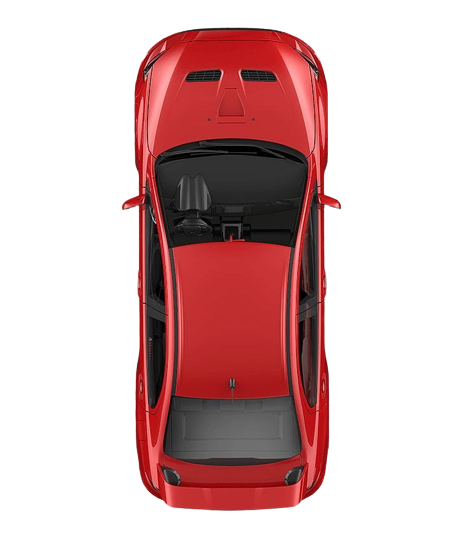Frequently Asked Questions
-
How often do you need to
change the oil?
The consensus is that drivers need to change oil every 3,000 to 7,000 miles or every three months. However, you can always refer to the owner's manual for recommended oil change intervals for a particular manufacturer and model. Many of today's new vehicles will tell you when you really need service. Remember: Oil change is essential as it acts as a lubricant for the internal gear and the gear under the hood. Without them, the oil could turn into sludge and the vehicle could not work properly.
-
The car is consuming too
much oil
Fresh oil is essential for driving a car, but continued addition of oil can cause problems with the car. If you start to notice a drop in performance or the oil lamp lights up, you need to check the oil. If you do not change the oil regularly, the engine may corrode. Poor quality oil and lack of regular replacement can also lead to clogging of the oil filter. It is best to change the oil filter at the same time as changing the oil, but some modern cars have a filter bypass system.
-
How often do you need to replace the
brake pads?
Brake pads need to be replaced when worn. Failure to replace the brake pads in time can seriously affect braking performance. This puts you and the people around you at risk. Not replacing the brake pads also means that the brakes on the brake discs are worn. This wears them down and causes more costly repairs later.
-
How long does the engine need to warm
up before driving?
The fuel injection engine should not be idle for more than a minute before running. At any time of the year, 15 to 30 seconds is sufficient. The exception is vehicles that are trying to tow heavy loads such as trucks. B. Trailer. In this case, let the engine idle for about 5 minutes until the oil is warm enough.
-
If i continue to drive the car with
the check engine light on, will the engine be damaged?
If the check engine light comes on while driving, the vehicle will hardly be damaged even if you reach your destination. However, you should bring your car in as soon as possible to make sure there are no serious problems with your car.
-
The steering wobbles
There are several reasons why the steering wheel may wobble while driving a vehicle. If this happens immediately after starting and moving, it is usually due to a damaged suspension component or wheel bearing. When the wheel swings faster, it is more often a tire / wheel balance issue. To fix this, you need to use a car for proper mechanical inspection. Adjusting the wheels can be very easy.
-
Starter failure
If you have problems starting the car, you may hear a click before the car starts. In that case, it may be time to replace the starter motor. If possible, the car will not start and should be repaired sooner rather than later.
-
The car keeps overheating
Surprisingly, overheating does not occur very often, especially in modern cars with complex systems and sensors designed to keep the vehicle at proper temperature. Keeping the radiator and making sure the water pump is working is the easiest and cheapest way to prevent overheating problems. Any car you own requires regular maintenance, and you still sometimes still go wrong. Some car models are more prone to certain problems than others, and driving styles can also affect weight and efficiency. We hope you find this list useful, regardless of vehicle. By paying attention to the signs of trouble and dealing with problems when they occur, you can save time and money and keep working on the go.
-
Fuel consumption is reduced
When the engine is running efficiently, it burns fuel at a better speed, but you will notice that mileage drops because parts of the system are worn out and cannot be replaced. Pay attention to fuel, air filters, O2, mass airflow sensors, etc., set a preventive maintenance schedule, and keep your car driving efficiently. The bottom line is that fuel economy depends on how well you can maintain your engine. With proper oil changes, filter changes and new spark plugs, you can make all the difference in terms of mileage by making sure your vehicle is in regular maintenance.
-
The radiator is leaking
Radiator leaks are most often caused by corrosion. There are many possible causes for the corrosion itself, but it makes sense to replace the entire radiator, as leaks are more likely to occur. Failure to keep the radiator in good condition can lead to overheating problems and eventually the engine can ignite.

